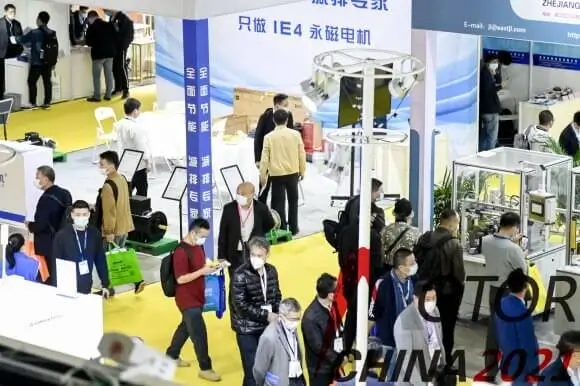When we talk about microservices, there’s one big question that often comes up: Is microservices a framework? The answer, in short, is no, but it’s easy to see why people get confused. Microservices is not a framework in itself; it's an architectural style. Let’s break this down in a way that makes it easier to understand.

Microservices are a design approach where an application is broken down into smaller, independent components. These components, or services, each handle a specific task and interact with each other through APIs. The beauty of microservices lies in their flexibility and scalability. Each service can be developed, deployed, and scaled independently, which is a major advantage in today's fast-moving tech world.
So, if microservices aren’t a framework, what are they exactly? Think of microservices as a way of structuring your application. It’s a mindset more than a specific tool or framework. It's a collection of best practices and principles designed to make building and maintaining large-scale systems more manageable.
But what about frameworks? Where do they fit into this?
Frameworks are tools designed to simplify the development of software by providing pre-built components and guidelines. You could use a framework like Spring Boot or Django to build microservices, but the two are separate concepts. Microservices describe how to organize your system, while frameworks provide the tools to build those systems.
Let’s say you’re building an e-commerce platform. You’d break it down into different services: one for user accounts, one for orders, another for payment processing, and so on. You could build each of these services using a variety of frameworks. For example, you could use Spring Boot for some, Express for others, and maybe even Flask for a few. The choice of framework depends on the language you’re working with, the nature of the service, and your team's preferences. Microservices give you the structure; frameworks give you the tools to implement it.
Why does this matter for businesses?
When companies adopt microservices, they often do so to improve agility and scalability. By decoupling services, teams can work independently on different parts of the application. This reduces downtime and allows for faster updates or fixes. For businesses, this means faster time-to-market and more room for innovation.
Also, since each service can be independently scaled, if one part of your system is getting more traffic (say, the payment service during a sale), you can scale just that part, instead of the entire application. This is far more efficient and cost-effective than scaling a monolithic application, where you'd have to scale everything, even if only one component needs it.
But is microservices the right choice for everyone?
Not necessarily. Microservices work wonders for large, complex systems with multiple teams working on different components. But they do introduce complexity. Managing multiple services, handling communication between them, and monitoring them all can be challenging. It's important to assess your needs before diving in.
For smaller applications or teams with limited resources, a monolithic architecture might still be the better choice. It’s simpler, easier to deploy, and easier to maintain when you’re working with a smaller system.
The takeaway
So, no, microservices are not a framework. They’re a way to structure your application to make it more scalable, flexible, and agile. Whether you’re working on a massive platform or considering microservices for a future project, understanding this architectural approach is key to leveraging its full potential. And remember, frameworks like Spring Boot or Express are the tools that will help you build the microservices, but the real value lies in how you structure your application.
Established in 2005, Kpower has been dedicated to a professional compact motion unit manufacturer, headquartered in Dongguan, Guangdong Province, China. Leveraging innovations in modular drive technology, Kpower integrates high-performance motors, precision reducers, and multi-protocol control systems to provide efficient and customized smart drive system solutions. Kpower has delivered professional drive system solutions to over 500 enterprise clients globally with products covering various fields such as Smart Home Systems, Automatic Electronics, Robotics, Precision Agriculture, Drones, and Industrial Automation.




































